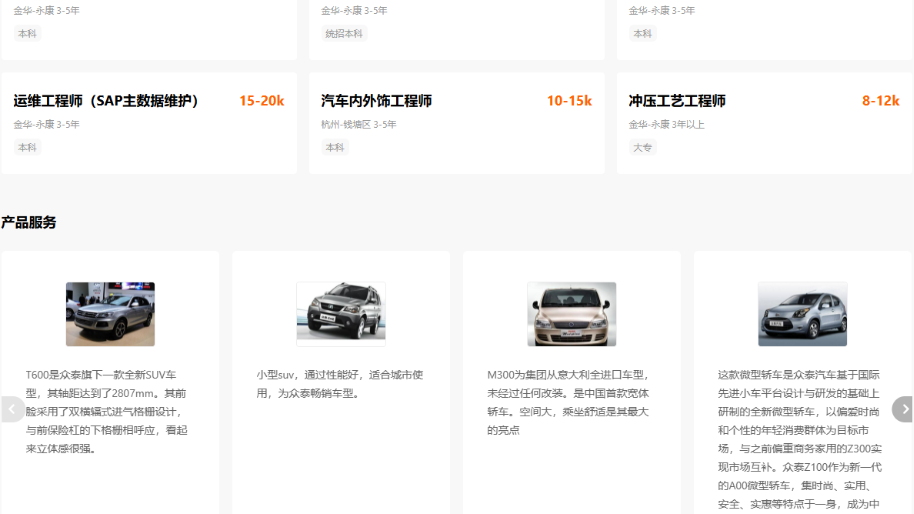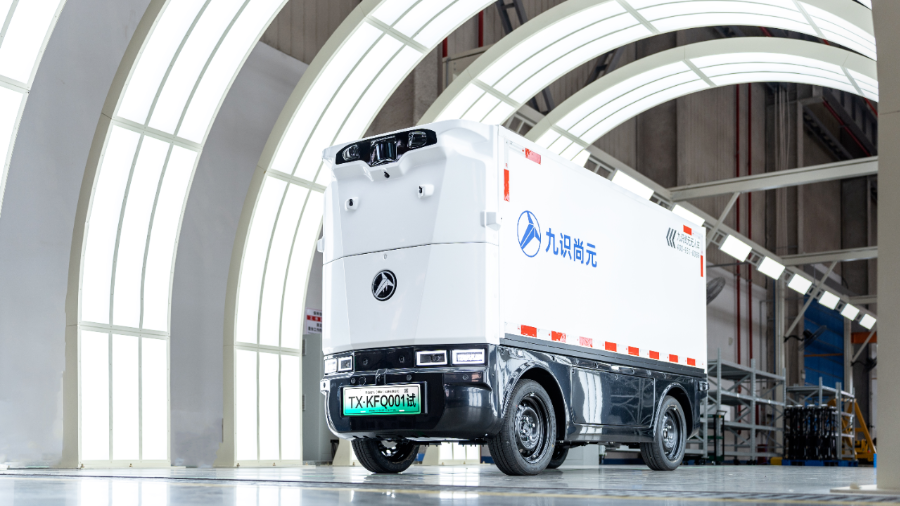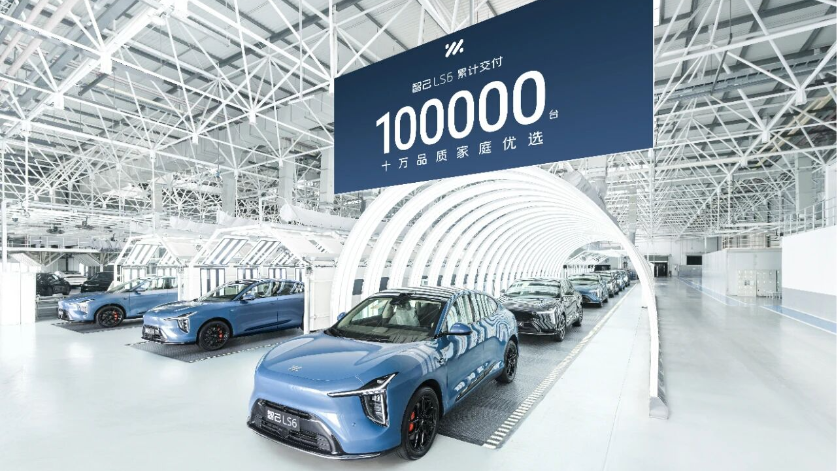As a result, global carmakers like Audi, Volkswagen, Ford, GM, Toyota and Hyundai have flocked to five Central and Eastern European countries - Poland, Czech Republic, Slovakia, Hungary and Romania -- making the region the "new Detroit of Europe", replacing the older manufacturing centers of Germany, the UK and France.
Carmakers have invested US$24 billion in the five countries since 2000 as of late June. The five countries can roll out 3.25 million cars a year, ranking it the fifth biggest car producing region in the world, between South Korea's 3.94 million and France's 3.17 million. Of the five nations, the hubs are the Czech Republic and Slovakia. Their combined output soared from 170,000 units in 1991 to 2.15 million last year.
"The market for Czech-made cars is Europe, and Prague is at its center," said Ond?ej Pavel of CzechInvest. Several key European cities are located within a thousand kilometers of Prague, including Vienna (294 km), Bern (827 km), Berlin (354 km), and Paris (1,050 km). London is 1,229 km away and Moscow, brimming with oil money, is only 1,670 km. Its centrality has Prague dubbed the logistics hub of Europe.
The amount of roads and railway in the Czech Republic is 161 km and 12 km per 100 cubic-km, respectively, and 36 km and 7.5 km even in mountainous Slovakia. That ranks among the longest in Central Europe. That's important because road and rail conditions are essential in making investment decisions in Europe, said Kim Jong-hwan, vice president of Kia Motors Production Management Group in Slovakia.
A skilled but affordable (US$400-500 a month) workforce is also a strength. OECD (Organisation for Economic Co-operation and Development) statistics show that 88 percent of Czechs and 86 percent of Slovaks between 25 and 64 have high school educations, higher than the OECD average of 65 percent.
But investment experts cite the business-friendly attitudes of the Czech and Slovakian governments as the area's number one strength. Pavel at CzechInvest said, "If a company needs land to do business, the government will provide it even if it means buying individuals' property." When orders for its hot selling 1500cc Golf began pouring in early this year, Volkswagen asked Czech authorities to scrap a European Union ceiling of 220 annual working hours. "It was an EU standard but through talks with the workers, the work was eventually granted in unofficial terms," Pavel said.









